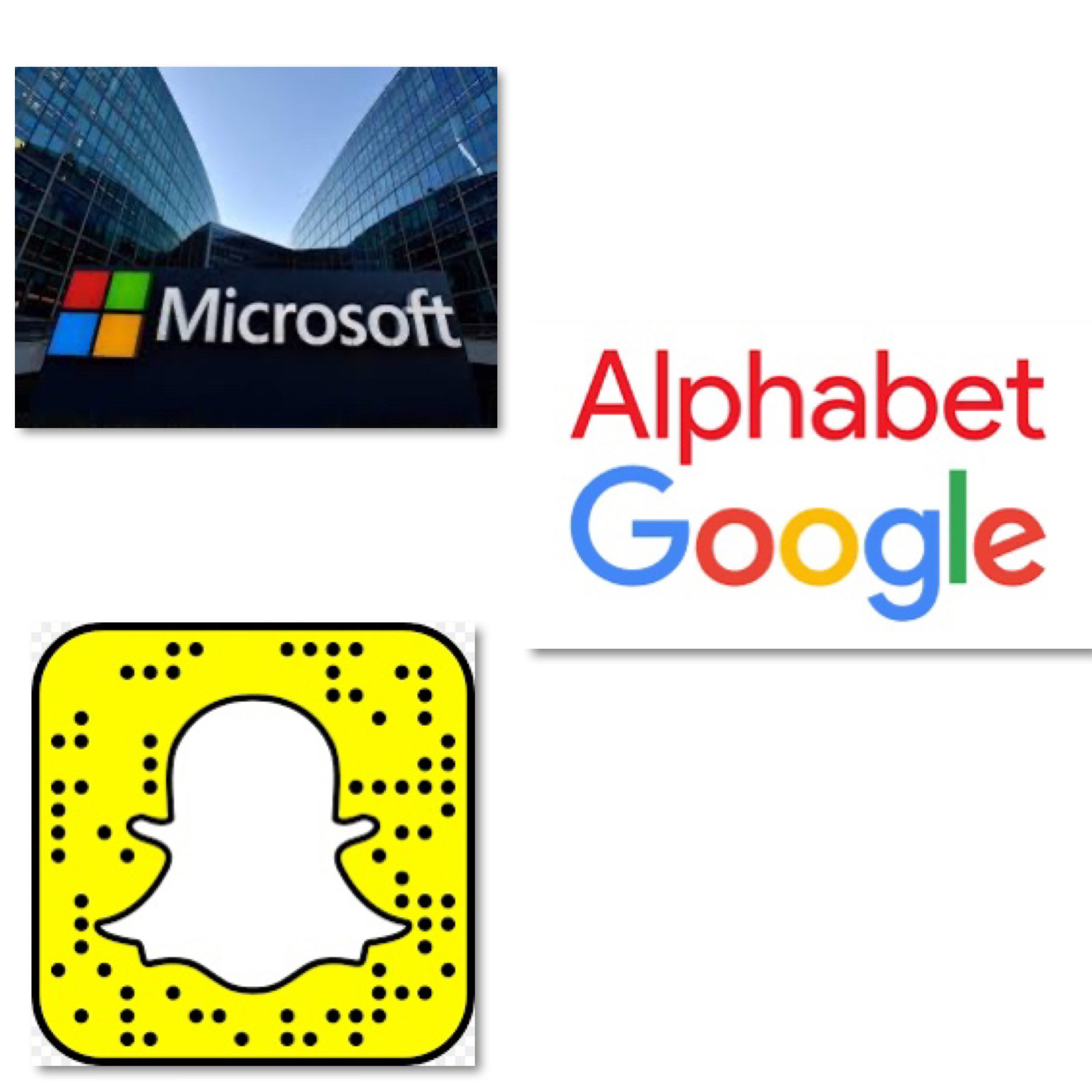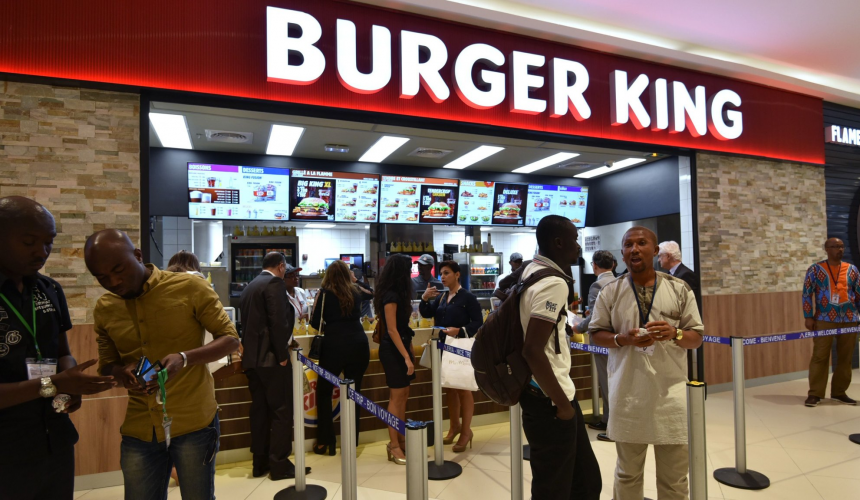Even though COVID-19 is now safely in the rear-view mirror of the global economies, its impact can still very much be felt around the world. The post-COVID environment has thrown up new challenges for brands due to the rapid change in consumer behaviour and advancement in technology. The changes have inspired new consumption patterns that either didn’t exist before COVID or were not popular. As a direct consequence of COVID, there has been a boom in e-commerce and delivery businesses. The Fintech segment has also rapidly transformed because consumers are fast moving away from the brick and mortar solutions and embracing the speed and ease of digitalisation. Now, because of how quickly consumers are evolving, brands are forced to either innovate or face dire consequences. And one of the ways for businesses to stay relevant is by keeping on top of consumer trends. This report by Joseph Ekeng highlights 5 important consumer trends that brands must pay close attention to.
More consumers want a digitally-enabled world
Nigeria is a top player in the digital ecosystem. This is evident by the high rate of technology adoption in the country.
According to a report by Statists, as of 2022, the estimated number of internet users in the country was more than 108 million. Smartphone adoption is also growing rapidly and it is expected to reach 140 users by 2025. That puts Nigeria firmly in the top 10 smartphone technology adoption index
Recall that in 2020, Nigeria also had its worst recession in four decades. However, despite the drastic reduction in their purchasing power, people bought more smartphones than before. All of this shows that people now want to live digitally. Even consumers who were once considered digital holdouts now want to continue the online behaviours they picked up during the pandemic. Some have grown a preference for staying at home after the lockdowns and, as a result, want to buy everything they need at home. Thus, brands that provide efficient digital alternatives to consumer needs are likely to sweep the market. A survey by Salesforce showed that 88 per cent of consumers expect companies to accelerate digital initiatives after the pandemic.
Consumers are becoming more intelligent
As the rate of technology adoption in Nigeria skyrockets, one of the direct benefits is that consumers have become more intelligent. They are becoming more aware of the role that brands play in their lives and thus they demand more from their brands. Several reports have confirmed that most consumers will commit to research before making purchases. A study by smart Insight indicates that buyers show a greater level of trust in research than they do in adverts.
This is an opportunity for smart brands to leverage strategies like social proofs and User Generated Content to build trust with consumers and ensure effective consumer engagement.
Africa’s quick urbanisation will fuels demand
One of the most popular trends in most countries in Africa is rapid urbanisation. It is a major factor in Nigeria too as people vacate their villages to seek better opportunities in cities.
According to McKinsey, there will be 100 African cities with more than one million inhabitants by 2025. By then, just under half of all Africans (45 per cent) will be living in a city.
In Nigeria and several other African countries like Ghana, and Angola, the proportion of urban residents will increase to over 80 per cent of their total population by 2050, when 800 million more Africans will have moved to urban areas.
And with growing urbanisation comes changes in consumer behaviour and consumption patterns. This is an opportunity for proactive brands to position themselves for growth. This can be done more effectively through a data-led approach which will help the brand owner understand the micro-trends necessary to build an effective brand strategy.
The need for cheaper alternatives threatens brand loyalty
Between 2020, Nigerians have had a run-in with COVID induced lockdown and one recession. The implication is that many households and families are struggling. And with inflation presently at over 21%, the highest peak it has reached in about 17 years, a lot of adults have been pushed into extreme poverty.
This means there will be fewer consumers with strong purchasing power. Nigeria’s middle class is shrinking; this will influence their spending behaviour.
As a result, the appeal for brand loyalty has waned considerably. Consumers now care more about affordability, rather than loyalty. Hence, the focus is on cheaper alternatives.
Some brands are already responding to this changing landscape by offering smaller price points to satisfy low-income consumers. For instance, Bama, a premium mayonnaise brand now sells in small sachets.
Inflation drives demands for multipurpose products
The Fast Moving Consumer Goods (FMCG) sector is known for quick adaptation to consumer behaviour. In Africa, these companies have to keep adjusting their products that suit countries with a shrinking middle class. Sales of products in small sachets have increased in high-inflation countries such as Nigeria. But consumers are looking for more short-term ways to cope with the loss of purchasing power
The growth of the liquid soap market in Nigeria proves that consumers now want products with multiple functions. Hypo grew its market share by marketing its bleach, an already cheaper alternative, as a toilet cleaner. Volatile exchange rates and inflation are fuels for this preference.
This year, brands that innovate products to serve multiple needs will have a market edge. Telecom brands are adopting this by providing financial services to their customers.







Comment
No comments found.